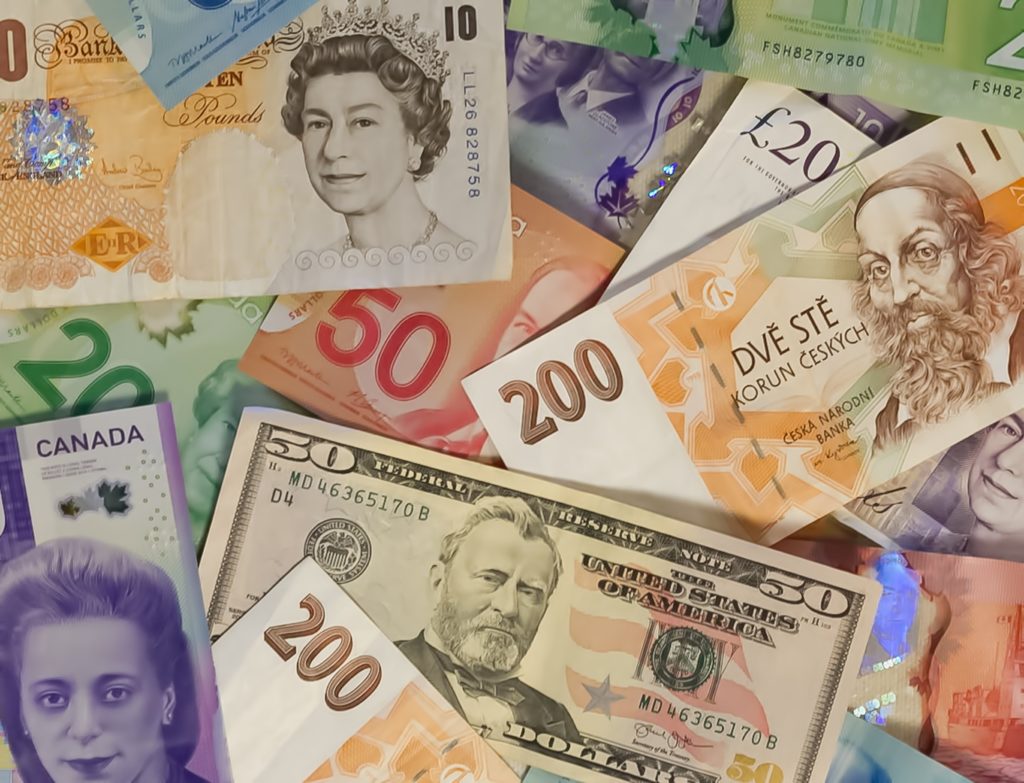When I was a mere session guitarist, someone, vaguely known as our manager, thrust a bunch of papers into my face and told me to sign them during the interval at one of our gigs.
They could’ve been anything. I may well have been signing away everything I owned, and would own, in perpetuity. I dutifully obeyed and went on for the second act, thinking nothing more about what I’d done.
Fortunately, these papers were membership forms for the PRS, (Performing Right Society) the organisation that collects and pays out royalties to music writers. Little did I know at the time that this insignificant distraction would become a life saver as well as a motivator in my composing and producing career.
Where it gets somewhat confusing is that there are quite a few royalty organisations that look after and administer copyright.
The PRS doesn’t do what its name alleges; it simply looks after and protects a writer’s copyright. Copyright is a legal means of protecting an author’s work.
But then we have the MCPS (Mechanical Copyright Protection Society). They collect and distribute mechanical royalties on behalf of their members, collecting royalties for works that are released by a record company, downloaded or reproduced onto a CD, DVD or LP (ah, the good old days)
So now we have Performing Rights which aren’t really performing as such, but represent royalties for music used in broadcast and the media.
And Mechanical rights to represent royalties from hard copy and actual tangible things.
Alongside this there is PPL (Phonographic Performance Ltd) who collect and distribute money on behalf of performers and record companies for the use of their recorded music. Otherwise known as Neighbouring Rights. I think someone actually sat down and said:’ Let’s make this more complicated that it needs to be, especially to confuse the writers”.
Also, worth knowing is that every country has their own collecting societies, all working to different templates, royalty rates and distribution patterns.
One rather distressing fact is that many musicians, composers and budding producers know nothing of this. They rely on managers and publishers to sort this out with a reassuring: “You don’t really need to know about this, we’ll sort it out!” And there lies the pathway to ruin, potential corruption and being ripped off on an epic scale. I’m not saying that all managers and publishers are crooks, but I’ve known a few and been conned by others.
It’s quite amazing that within our great universities and colleges who teach contemporary music courses to degree level, (whatever that achieves?) they do not teach, educate or attempt to protect budding writers and their copyright. This is something which I do try to change when asked.
I remember getting a call from an agent. She had recently been visiting the PRS in person, pre-internet, to check on some missing royalties. These were usually printed in very large and impossibly heavy ledgers which required strength and patience to read line by line to find your name, lost royalty or claim. She told me that she’d seen my name in there. A royalty payment due to me, by name, but mysteriously stuck in an unclaimed file originally broadcast by BBC. And it was a few shillings too! So, I decided to pay them a visit and for several years after, I was able to claim royalties that were in my name, some in behalf of other people, and that had seemingly fallen through the cracks and that had to be claimed in person. What a strange to-do!
These files still exist albeit on line so at least no heavy lifting required!
So, alongside the rather confusing societies that all claim to do different things, there’s a ton of money out there waiting to be claimed that’s either been forgotten or not registered correctly.
So, it’s not only our responsibility to write our masterpieces, get them sounding marvellous and out there for the unsuspecting public to hear, we have to understand all of these copyright conundrums and royalty trapdoors in order to earn some well-deserved cash for our creative efforts.
I have had several friends berate me for receiving these royalties as they see this as ‘money for doing nothing!’
But part of being in the music business is to find out and join as many of these organisations as you can. It’s your responsibility and no one else’s. If you don’t do it someone else can and in the worst-case scenario, take from you what is yours.
Now, go and protect your stuff!


